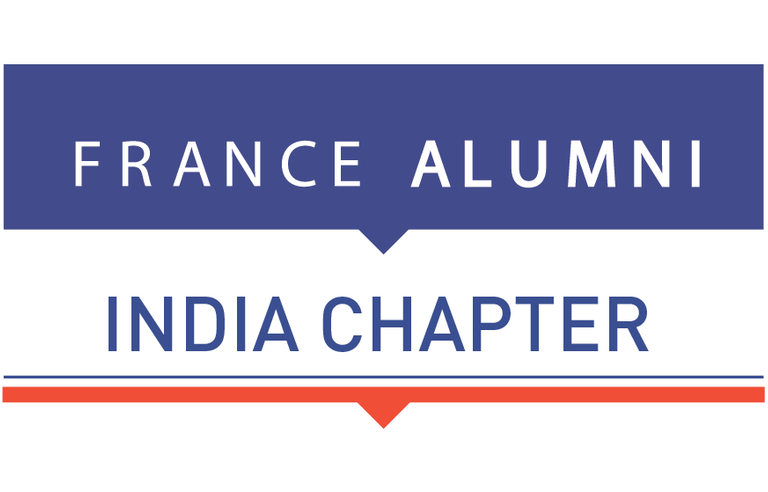Working in France

Plan to work while studying at the university?
Students who plan to work while being enrolled in an institution must consider that international students have the right to work while studying in France as long as they are enrolled in an institution that participates in the national student health-care plan. Students who are not nationals of EU member countries must also hold a valid residency permit. The right to work applies to all students, including those who are in France for the first time, those who are enrolled in the first year of a university program, and those who are enrolled full-time in a language school.
While in school
French law allows international students to work provided they have a residence permit (VLS-TS, validated by OFII, or a residence permit in addition to a visa). A student can accept paid employment for up to 60% of the legally defined work year (or 964 hours per year), without prior administrative authorisation.
Take French Classes
Most institutions offer courses of French as a foreign language (FLE, for “Français langue étrangère”), either at your school or a partner institution. We highly recommend that you sign up for classes, which will help you to immerse yourself in French culture and enable you to better appreciate the French “art de vivre”. Before you go, enroll at the nearest Alliance française or start online with "Vivre en France A1" on https://www.fun-mooc.fr/courses/
At a Public Institution of Higher Education
International students are eligible for student jobs at universities and other public institutions of higher education. Students are employed to provide the following services: assisting incoming students; helping students with disabilities; providing tutoring; providing IT support and assistance; coordinating cultural, athletic, and social events; working at the career centre; and supporting their institution’s promotional efforts.
*Students must remember not to compromise their academics in an effort to obtain additional financial assistance through part-time jobs.
*The minimum gross hourly wage, set by law, is €9.76; After deductions of about 20%, the worker’s net wage stands at €7.58)

Students who have earned at least a master’s degree or equivalent may apply for a one-time (non-renewable) temporary residency authorization (APS, authorisation provisoire de séjour) valid for 2 years beyond the date of expiration of the student’s residency permit. The authorization enables the student to work at any job up to the limit of 60% of the official work week (that is, just over half-time employment).
*For more information please visit the following website: www.campusfrance.org

Some practical advice when looking for work in France
Before starting to look for a job, identify the type of position you're looking for. Then prepare your CV and a cover letter to meet French expectations.
- Keep an eye on sites with job opportunities and create email alerts by saving your search criteria. Pôle Emploi (Employment Centre) lists job ads from all of the sites. The APEC (the Association Pour l'Emploi des Cadres the Management Employment Association) site also has some, so make sure you check them regularly.
- Take the time to update your CV and adapt it to the job offer you are applying for.
- Be sure to send in spontaneous applications to companies that interest you, so they get to know you.
- Be careful with your reputation and the information about you that everyone can access. Recruiters are more and more frequently using the social networks to form an idea about the applicants they're thinking of calling in.
- Go to job fairs to meet recruiters. CV and cover letter in hand, you will have several interviews in one day. As you won't have much time to win them over, make sure you are well prepared.
Use your end-of-studies internship well
The end-of-studies internship is often mandatory. It lets you develop some understanding of the work world and apply the theory and skills you learnt during your years of studying. If your programme does not require an internship, nothing is stopping you from doing one anyway: it is a good way to pad out your CV and develop a professional network that you can later mobilise.
Get help looking for work
Alumni associations, Bureau d’Aide à l’Insertion Professionnelle (BAIP - Professional Insertion Assistance Offices), company relations services, recruitment forums... Many establishments offer graduates help to find work.
Graduates (four years after A-levels/high school) can contact the APEC (Association pour l'emploi des cadres). They can help you look for work. Otherwise, contact the Pôle Emploi agency: they assist all job-seekers, regardless of their level of studies.
Activate your professional networks
Let those around you know that you are looking for work and find out about the companies that are recruiting in your field. The professional social networks, such as LinkedIn, will let you put your CV online, maintain and develop a professional network (former classmates, colleagues, counterparts…) and respond to job offers.
The alumni networks such as France Alumni, a platform for foreign graduates of the French system, are highly-effective tools when it comes to finding work or for learning about the companies that interest you.





















